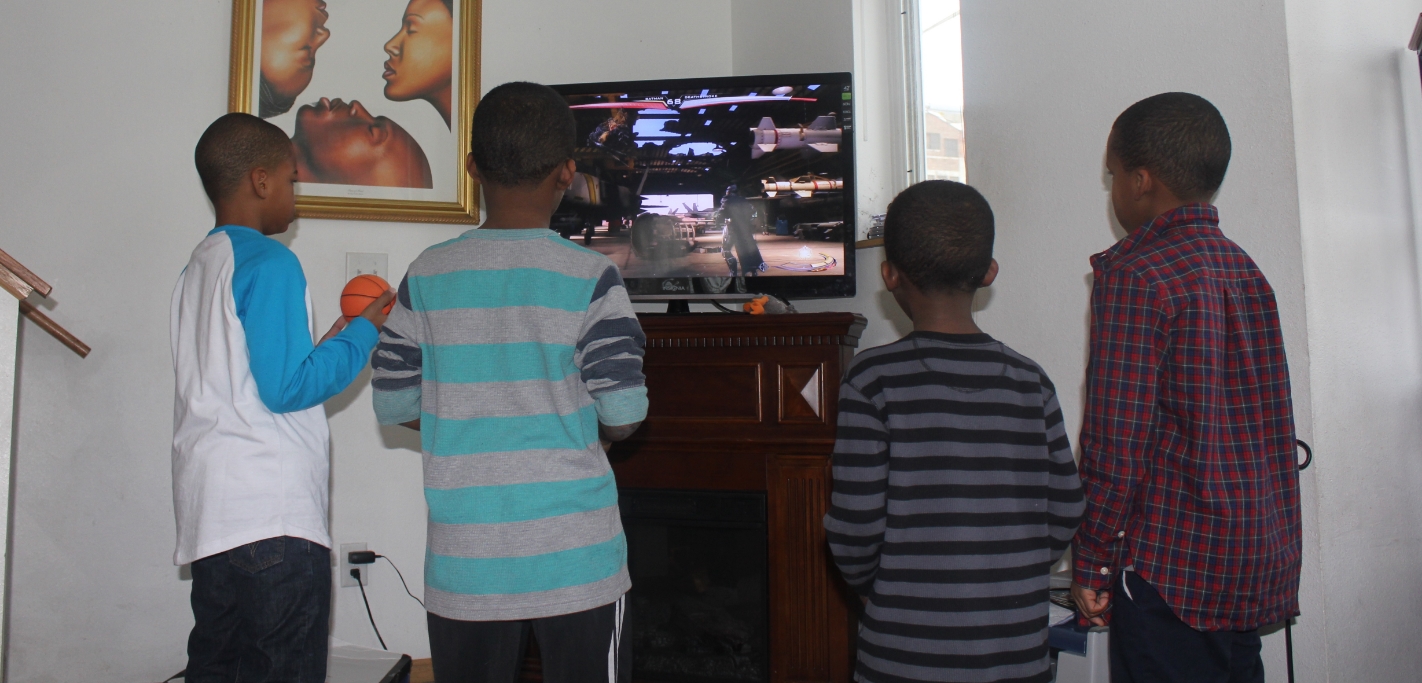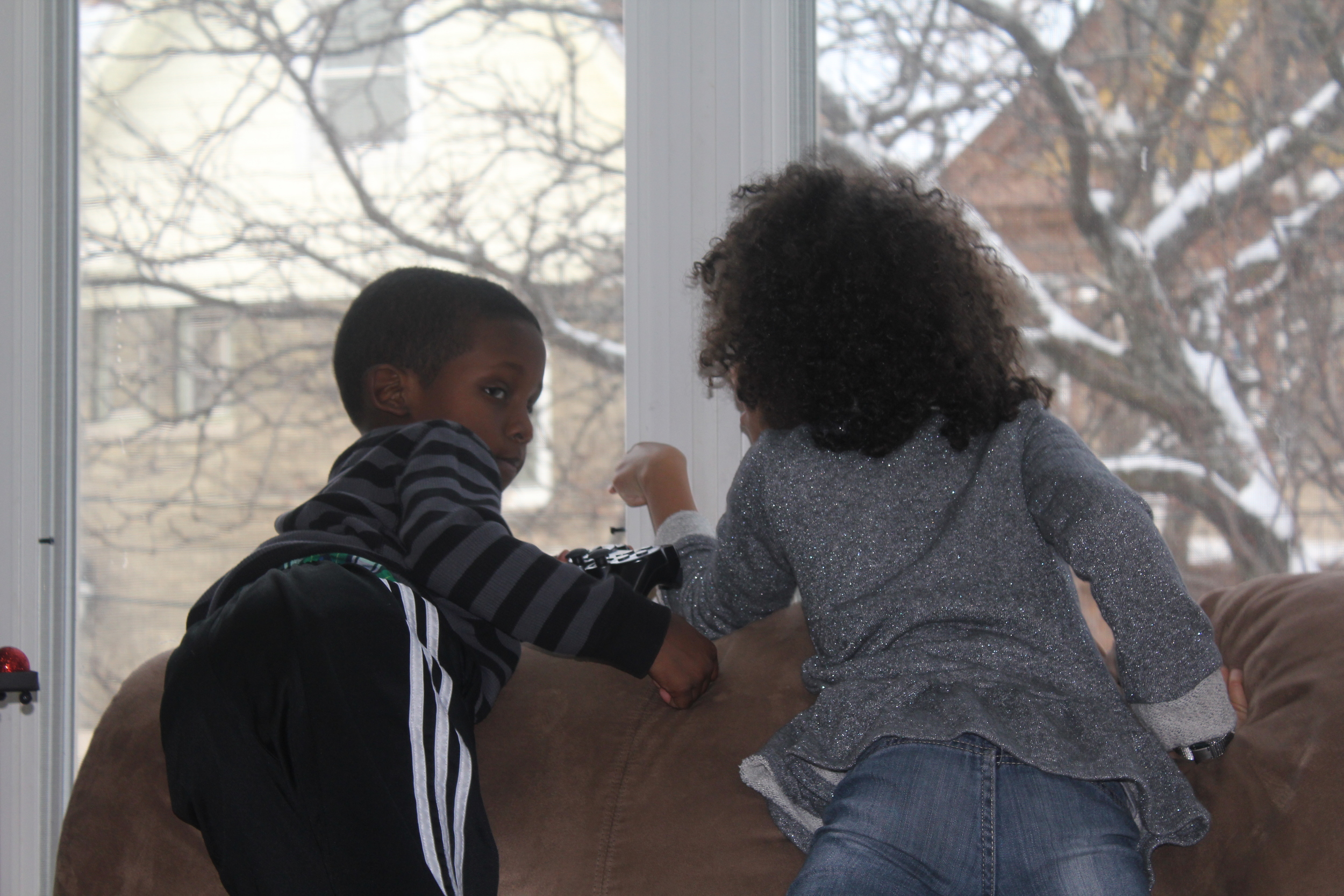Ramblings about Solidarity
Sin
Solidarity scares me. Solidarity reminds me of the word that you say in public when you really mean something else in private. Solidarity reminds me of the recent marches on Washington to commemorate the anniversary that led to a speaking list full of everyone from Pepsi representatives to organizations that have never elected Black leadership. Solidarity triggers something very sad in my soul that brings up images of forgotten poor people. When I think of solidarity, I think of the 99% who just as culpable for the problems of the lower 5% as the top 5%.
Am I confusing solidarity with unity? Perhaps. What’s it all mean if we aren’t unified? Am I confusing solidarity with the things that happen after the closed door meetings? Maybe. What I’ve experienced of solidarity as of late is the erasure or censoring of poor people from the forefront of the liberation movements. When I think of those who need to be free the most, I think of poor folk. When I think of the folks who are not making room for poor folk and taking up space, are the folks in the middle.
Could it be that middle class folk and people who are economically moderate and politically liberal are taking up too much space out of fear that the targets of some of the problems we face could be them? I should include myself in the “them.”
I hate when Americans, especially middle class Americans, specifically declare themselves in solidarity with anyone in the Global South. It becomes almost a joke if we are not uplifting the margins of poverty. It becomes almost a joke if we are advocating for more wages in a vary narrow westernized context but we fail to advocate for living wages of the people in the Global South. Sometimes our advocating leads directly to marginalized people being over policed, underfed, and having no access to goods. We do this in the name of solidarity and jobs. But what happens when we have a job and we fight to protect that job at the expense of even more marginalized people?
I’ve watched unionized security guards advocate against policies that seek to minimize sentencing for Black men who became pawns in the War on Drugs. I’ve seen them march, hand and hand, as working class men to disenfranchisement poor men. Men who they've deem disposable. Men who they don't even include in their 99%. I’ve seen those same security guards join with plumbers, in the name of solidarity to protest laws that would eliminate faulty pipes therefore eliminating jobs for plumbers but decreasing apartment problems for the poor. I’ve seen this. I’ve seen white mothers in Brooklyn join hands for an increase in minimum wage in New York, while paying their Black, immigrant nannies under the table crumbs. I’ve seen unionized public teachers march, write letters, yell, and complain about the parents of students they teach in poor communities. I've seen them lobby against getting fired as working class people all while refusing to teach students in poor communities they've failed to include in their 99% narrative. I’ve seen them, in the name of solidarity, march alongside racist police officers who kill, brutalize, and humiliate the very students they claim to want to teach.
What are we, as progressives, doing in the name of solidarity? How much are we willing to advocate for ourselves as a collective group when the truth is, it's the least of these that need most of our advocating?





